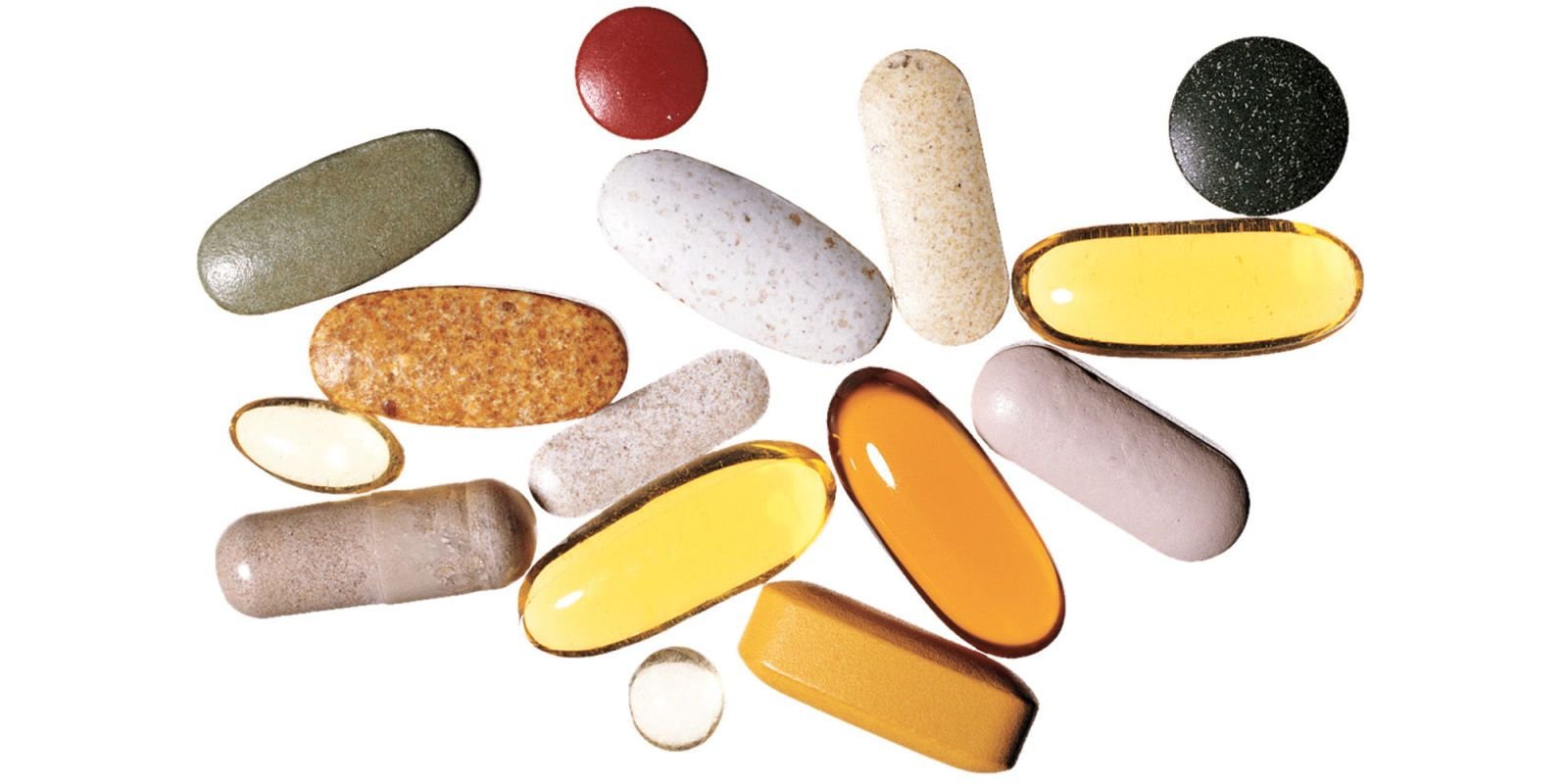
Does vitamin C really ward off colds and flu? Yes, and more. A 2015 study fond that vitamin C also had the ability to reduce the risk of cardiovascular disease. The downside? Vitamin C supplements have been linked to kidney stones, which are basically the worst things ever (one of our editors has had them … twice). For dosage info, check out the government’s recommendations here. For a little more info, here’s a brief rundown on vitamin C …
Why it’s important: Vitamin C or ascorbic acid is an antioxidant which protects cells from toxic wastes and free radicals. It also supports your immune system and helps fight the colds. Promotes wound healing and reduces allergic reactions. Important for tissue health, collagen, and cartilage growth.
Best way to get it: Vitamin C is present in many foods, including fruits and vegetables, including oranges, kiwi, kale, peppers, broccoli, strawberries, citrus fruits. Load your menu with these items and other superfoods and you should be fine.
Symptoms you’re not taking enough: Gingivitis and bleeding gums, dry and splitting hair, rough and dry skin, decreased wound-healing rate, nosebleeds, easy bruising, and a compromised immunity system. Severe vitamin C deficiency causes scurvy — which unfortunately isn’t just for pirates.
Symptoms you’re getting in too much: It’s rare, but too much can cause constipation, diarrhea or upset stomach.
Also Read: The Best Vitamins for Men: Vitamin B
What the hell is vitamin B and why do you need it? We’re glad you asked.




